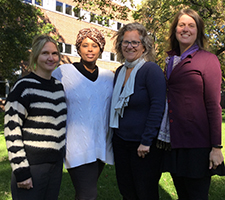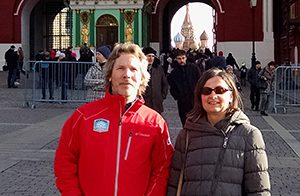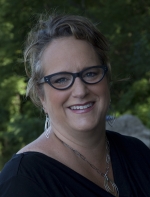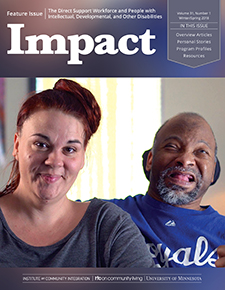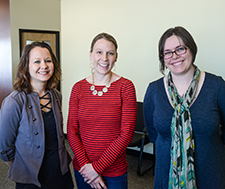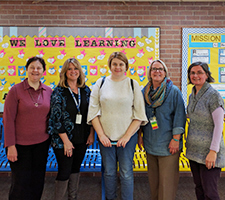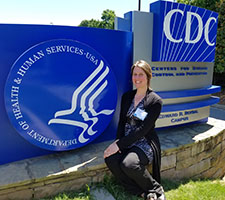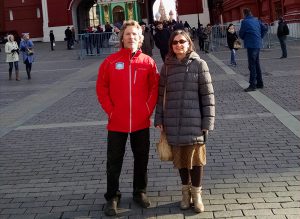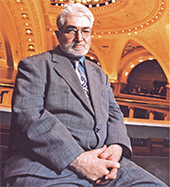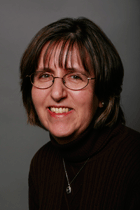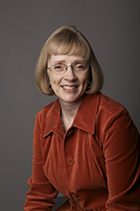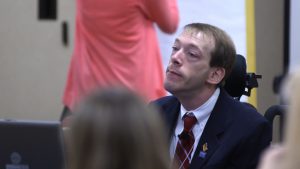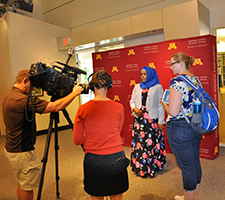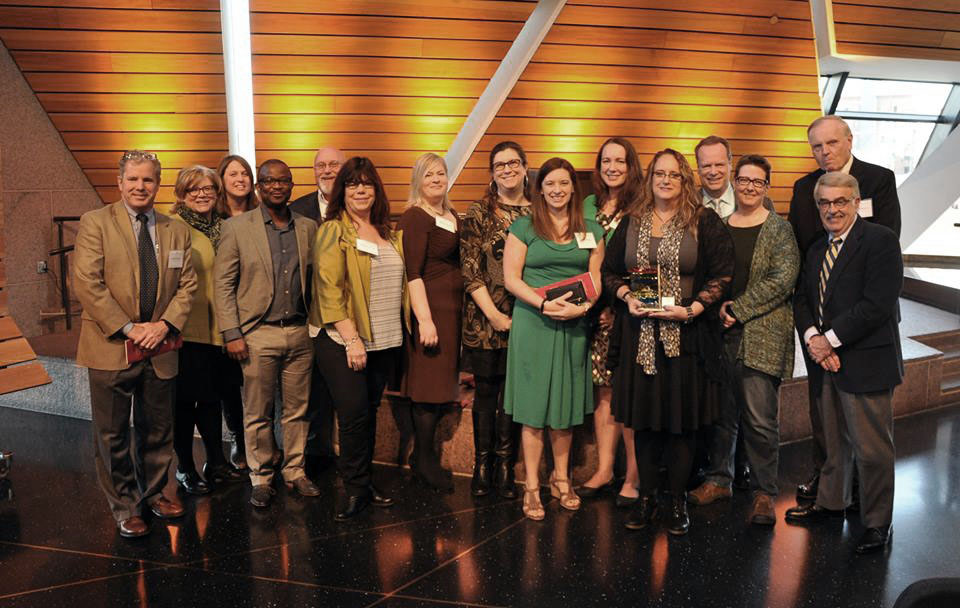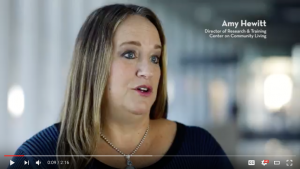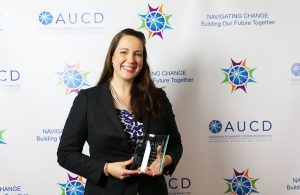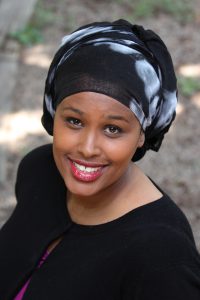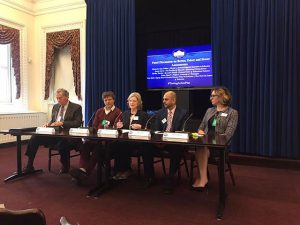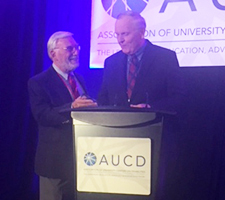
On November 13, ICI’s David R. Johnson received the George S. Jesien Distinguished Achievement Award at the Association of University Centers on Disabilities (AUCD) Annual Meeting in Washington, DC. This national award recognizes an executive, faculty or staff member from a University Center for Excellence in Developmental Disabilities (UCEDD), Leadership Education in Neurodevelopmental and Related Disabilities (LEND) program, or Intellectual and Developmental Disability Research Center (IDDRC) who has demonstrated a distinguished career of excellence and leadership in support of AUCD’s mission to advance policy and practice for and with people living with developmental and other disabilities, their families, and communities.
Johnson, who directed ICI from 1997 until June 2018, was nominated by the current director, Amy Hewitt, and David O’Hara of the Westchester Institute. “Dr. Johnson has a lifetime of leadership, service, scholarship, published authorship, as professor and mentor,” they wrote in their letter to the AUCD Award Committee. “For nearly 40 years, Dr. Johnson has devoted his career to improving education and transition services for people with intellectual and developmental disabilities through research, demonstration, teaching, and education. Without question, Dr. Johnson has made significant contributions to dissemination of knowledge in the field of intellectual and developmental disabilities that have made an impact at a national and international level. His resume could come in chapters but has a simple theme: equality, access, and opportunity for all persons with disabilities.”
“David is the iconic scholar and gentleperson who has always been ready to help, to listen, and to offer support to friends, colleagues, and students alike,” said George Jesien, the former AUCD Executive Director for whom the award is named and who presented the award to Johnson. “His engagement in any discussion invariably raises the level of discourse, bringing new information, relevant historical facts, along with the rare ability to focus in on details while maintaining a thorough recognition of the big picture. David Johnson is an accomplished researcher, effective teacher and mentor, a highly respected administrator, and incredibly productive professor who is eminently qualified to be recognized for his commitment and contribution to the field of disabilities and to the AUCD network of centers.”
“I have enjoyed a wonderful, fulfilling career,” said Johnson (pictured at right with George Jesien) as he accepted the award. “And I have come to fully recognize that my work with the members of this organization influenced my conviction that our great universities are essential partners in advancing the public good through our interdisciplinary research and education, and sustained community engagement. It is important for us all to recognize that the work we do makes a difference in people’s lives.”
Johnson continues to work on ICI research and development projects focused on the transition of youth with disabilities from school to further education, employment, and community living. He is also professor and coordinator of graduate programs in evaluation studies at the College’s Department of Organizational Leadership, Policy, and Development.

